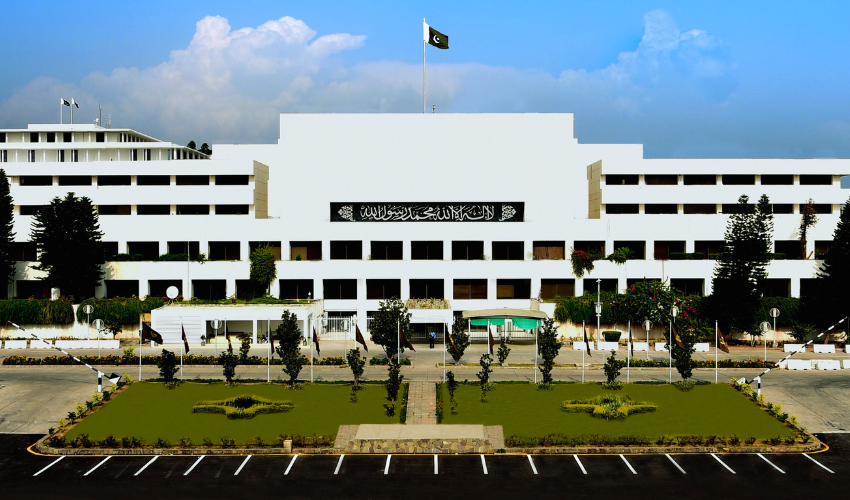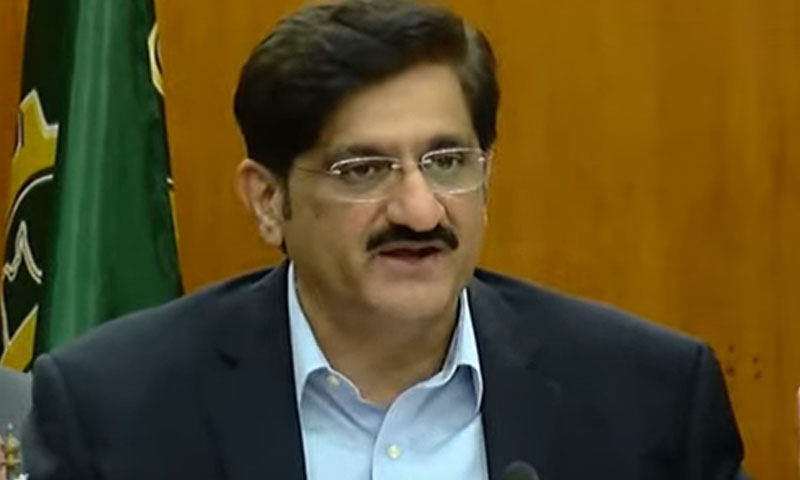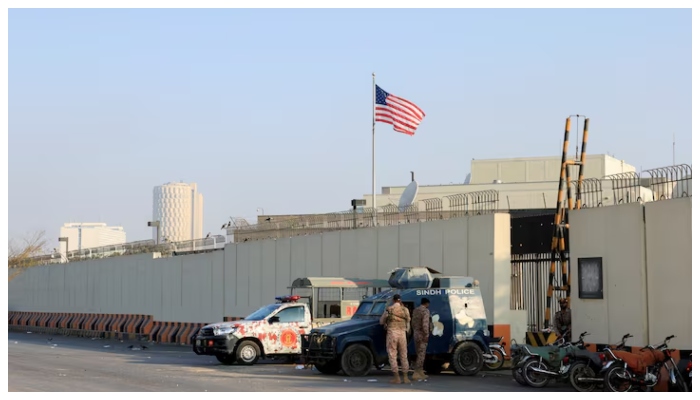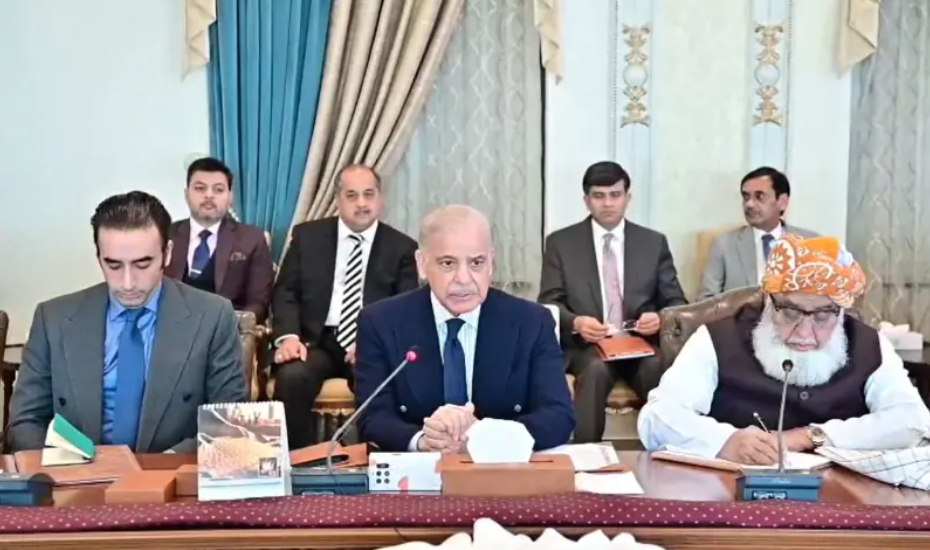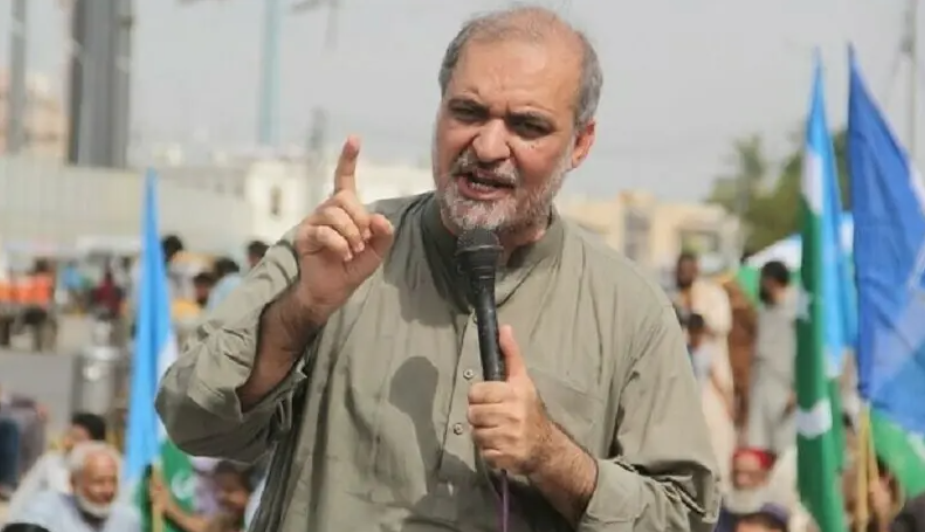POLITICS & POLICY MAKING
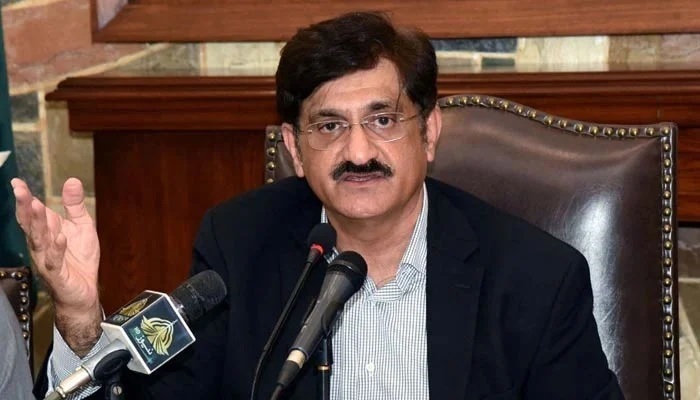
Sindh Chief Minister Syed Murad Ali Shah on Friday termed July 5, 1977, as the “darkest chapter” in Pakistan’s democratic journey. He said this day marks the unlawful ousting of Shaheed Zulfikar Ali Bhutto’s elected government by military dictator General Zia-ul-Haq, trampling on the public’s mandate and democratic values.
“The removal of Bhutto was not just a political move, but a direct attack on democratic principles and the will of the people,” Shah stated in his message commemorating the day.
He added that Zulfikar Ali Bhutto had instilled political consciousness in the nation—something dictatorships tried to suppress with brute force. Murad Ali Shah emphasized that the Pakistan Peoples Party (PPP) has always stood as a bulwark against authoritarianism and dictatorship.
“The events of July 5 are a reminder that we must continue our struggle for democracy, constitutional supremacy, and protection of public rights,” Shah said, urging citizens to remain vigilant as threats to democracy still exist.
Bhutto’s Legacy Remembered
Earlier in March, the federal government officially recognized Zulfikar Ali Bhutto’s enduring contributions by posthumously awarding him the Nishan-e-Pakistan, the country’s highest civilian honor.
In a prestigious ceremony at Aiwan-e-Sadr, President Asif Ali Zardari conferred the award on Bhutto’s daughter, Sanam Bhutto, on behalf of her late father. The event was seen as a major step toward acknowledging Bhutto’s pivotal role in shaping Pakistan’s political landscape.
SC Admits: Bhutto Was Denied Fair Trial
Adding to Bhutto’s legacy, the Supreme Court of Pakistan in March admitted that the PPP founder did not receive a fair trial in the murder case that led to his execution in 1979.
A nine-member bench, headed by Chief Justice Qazi Faez Isa, issued a unanimous opinion on the presidential reference filed by President Zardari, stating that Bhutto’s trials in the Lahore High Court and the Supreme Court did not uphold his fundamental rights.
“We cannot move forward without correcting ourselves—until we acknowledge the mistakes of the past,” Chief Justice Isa remarked.
The bench included Justices Sardar Tariq Masood, Mansoor Ali Shah, Yahya Afridi, Aminuddin Khan, Jamal Khan Mandokhail, Muhammad Ali Mazhar, Hasan Azhar Rizvi, and Musarrat Hilali.
Shah concluded his remarks by paying heartfelt tribute to Shaheed Zulfikar Ali Bhutto for his sacrifices and vision, vowing that PPP would continue its mission for democratic integrity in Pakistan.
